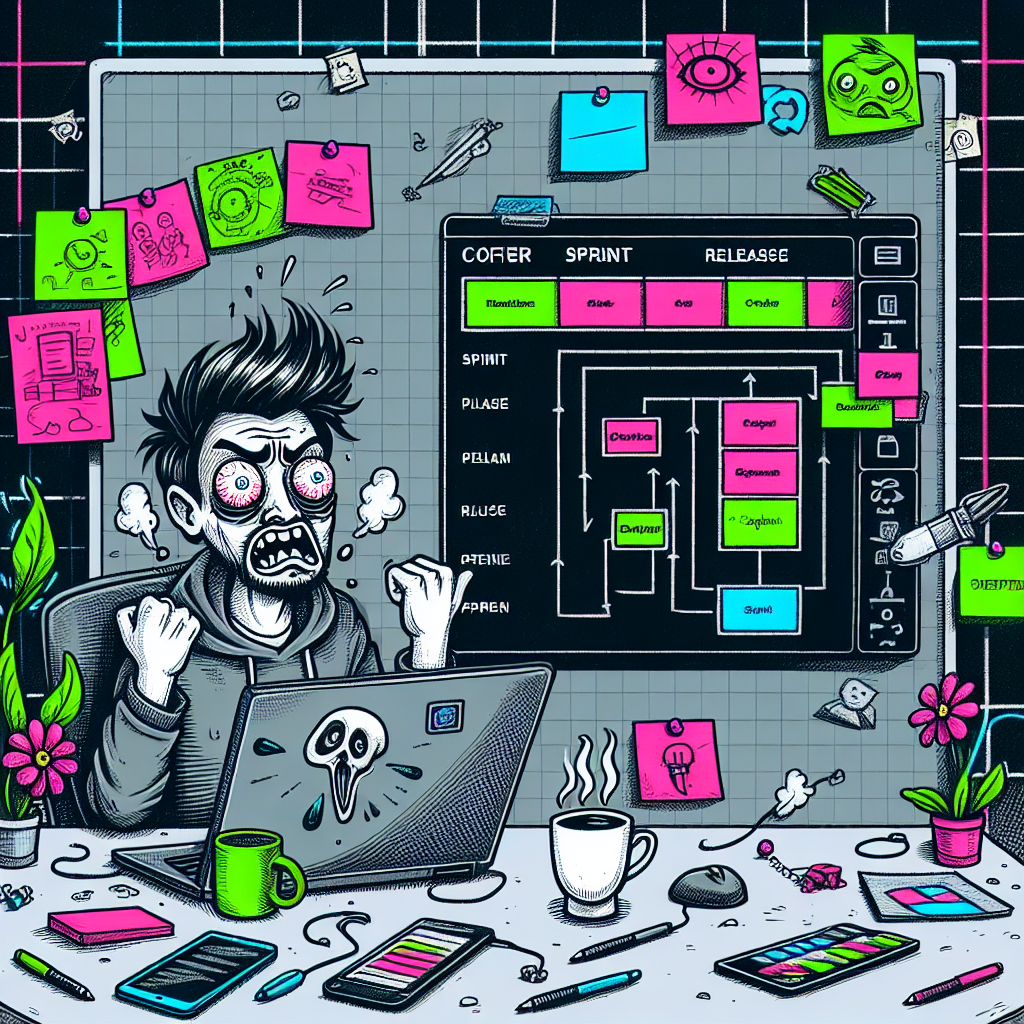Efficient Sprint and Release Planning in Dev
Master sprint and release planning in development. Improve communication, time management, adaptability, and team cohesion.

Want to nail your sprint and release planning? You need more than just technical skills.
Soft skills are the secret sauce that can transform your planning process. They can mean the difference between chaos and a well-oiled machine.
Let’s break down the essential skills you need for efficient sprint and release planning.
🔑 Key Takeaways 🔑
- Communication is crucial for articulating ideas and understanding user needs.
- Time Management helps set priorities and stick to deadlines.
- Collaboration ensures the team works cohesively.
- Problem-Solving is vital for tackling complexities.
- Adaptability allows teams to respond to changing requirements.
- Empathy and Emotional Intelligence foster better team dynamics.
Communication
Effective communication is vital. You must articulate your ideas clearly. Share your progress and discuss challenges with your team and stakeholders.
Without clear communication, you risk setting unrealistic goals. You also run the risk of failing to understand user needs. Don’t let your technical jargon confuse non-technical audiences.
Time Management
Time management is non-negotiable. Set priorities and organize your work. Timeboxing tasks to maintain focus is a great strategy. Don’t forget to take breaks to avoid burnout.
Accurate time estimates and sticking to realistic deadlines keep your team on track. You want to deliver a satisfactory product on time.
Collaboration and Teamwork
Sprint and release planning is a team effort. Collaborate effectively with designers, project managers, and customers.
This requires empathy, communication, and time management. When everyone is on the same page, your team moves forward like a well-oiled machine.
Problem-Solving and Critical Thinking
Complexities will arise. You need to identify and define problems quickly. Break them down into manageable parts and find efficient solutions.
Critical thinking is key. Assess different solutions and choose the most appropriate one.
Resourcefulness
Sometimes, you’ll face gaps in skills or knowledge. Be resourceful. Research and find solutions independently.
This adaptability brings value to your team. It ensures you tackle new challenges head-on.
Patience and Persistence
Debugging can be frustrating. You need patience to sift through code and identify problems.
Stay calm and manage your frustration. Your persistence will pay off in optimal software development.

Empathy and Emotional Intelligence
Understanding perspectives is essential. Empathy helps in managing team morale and ensuring software meets user needs.
Emotional intelligence is fundamental in high-stakes environments. It leads to better decision-making and a more cohesive team.
Adaptability
Plans will change. Be open-minded and adjust accordingly.
Adaptability ensures your team can respond effectively to unexpected challenges. Maintain project momentum, no matter the hurdles.
Self-Awareness and Humility
Know your strengths and weaknesses. Self-awareness helps you identify skills gaps.
Seek help when needed. Humility fosters a collaborative environment where ideas are shared freely.
By emphasizing these soft skills, you can significantly enhance your ability to plan and execute sprints and releases efficiently. This leads to better project outcomes and a more cohesive team environment.
Get ready to elevate your sprint and release planning game!
For more insights on optimizing your development processes, check out our articles on task prioritization, avoiding procrastination, and managing multiple projects. Don't forget to explore time estimation techniques for more precise planning!




